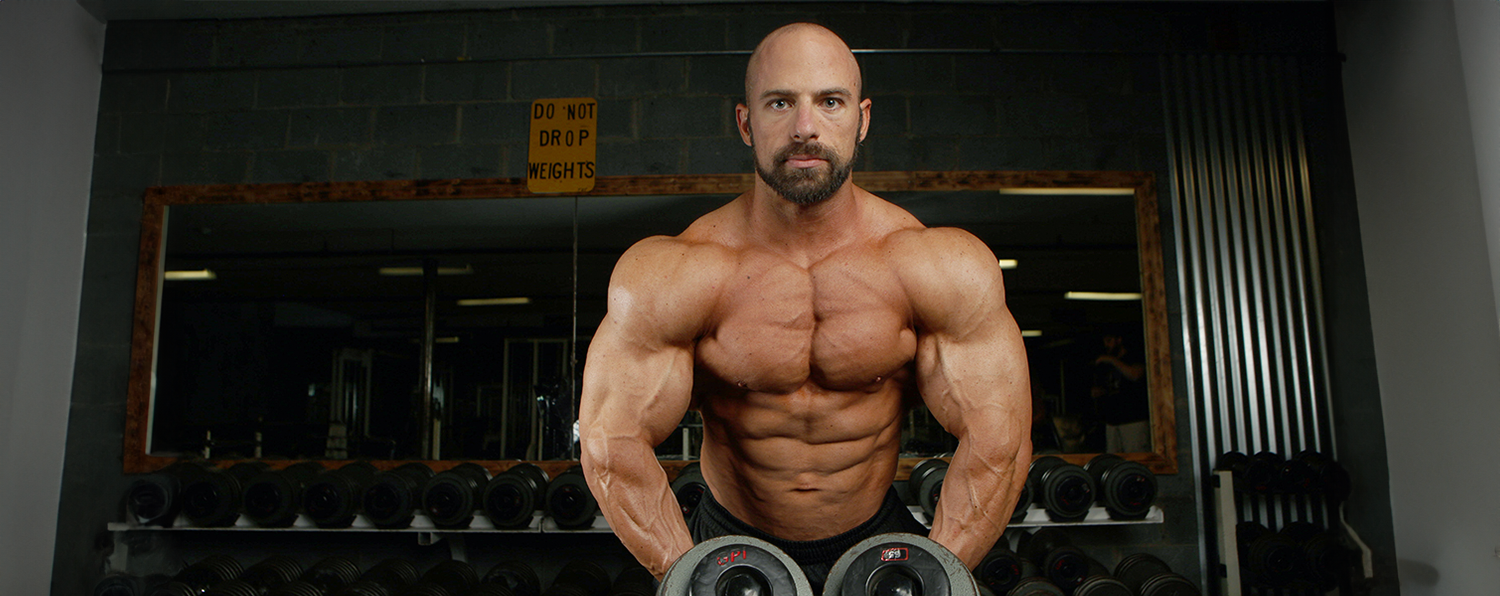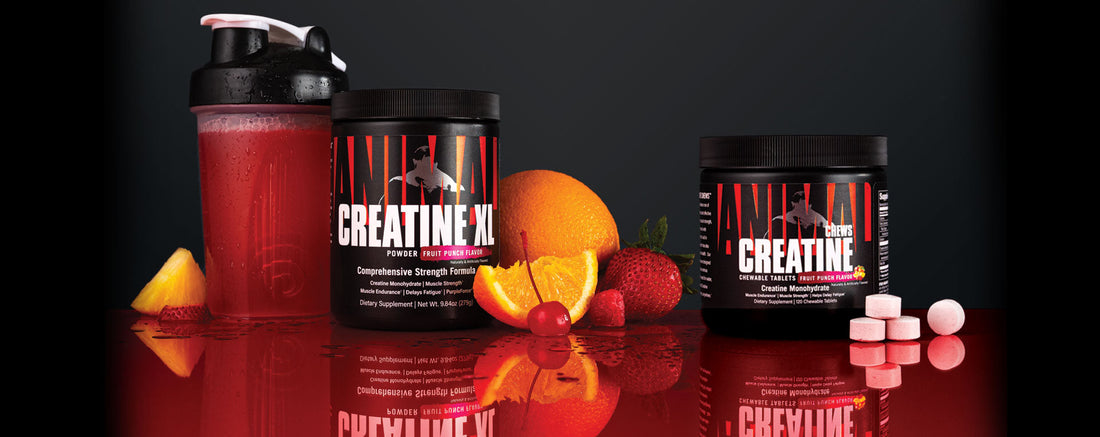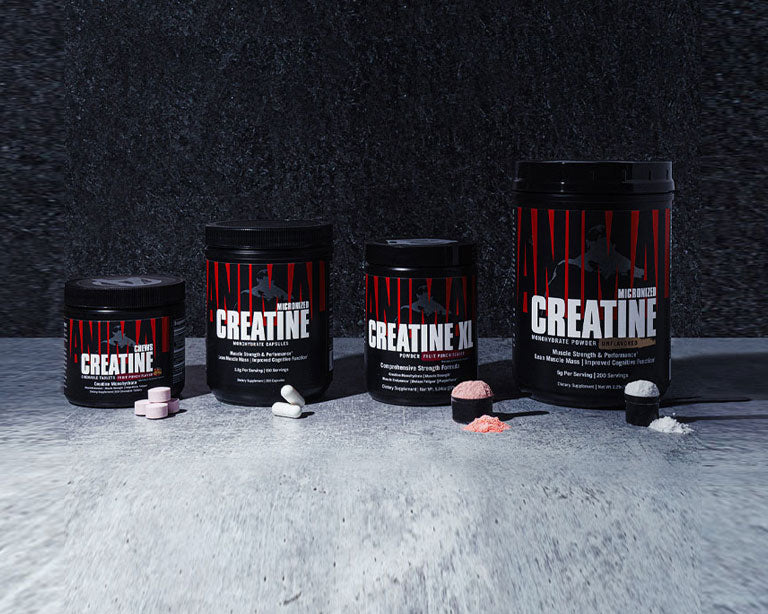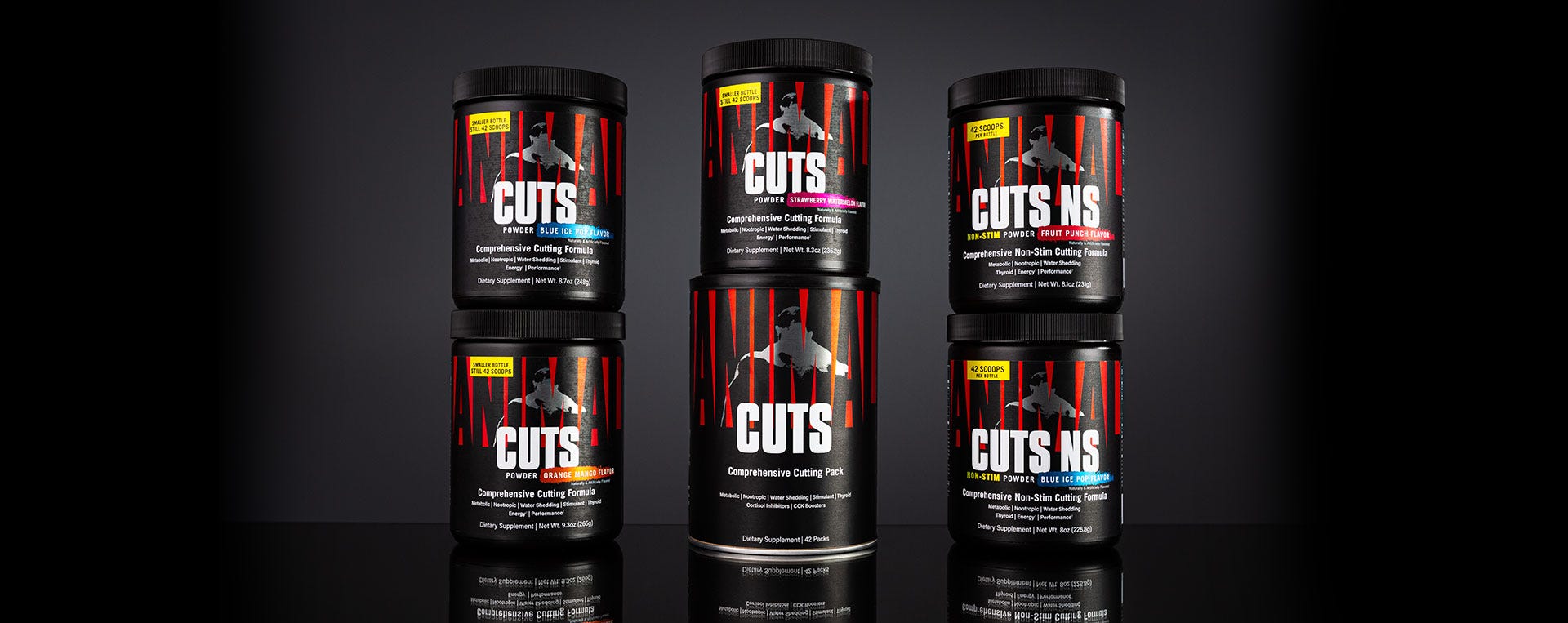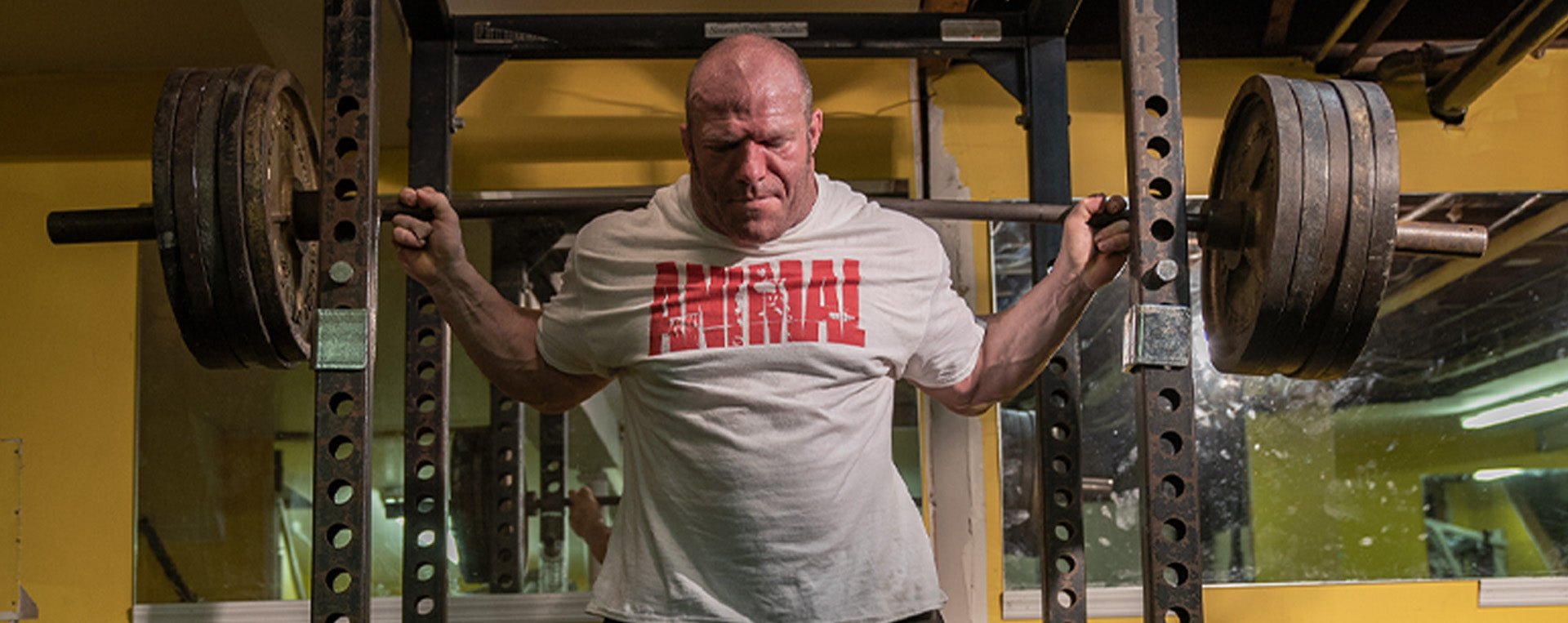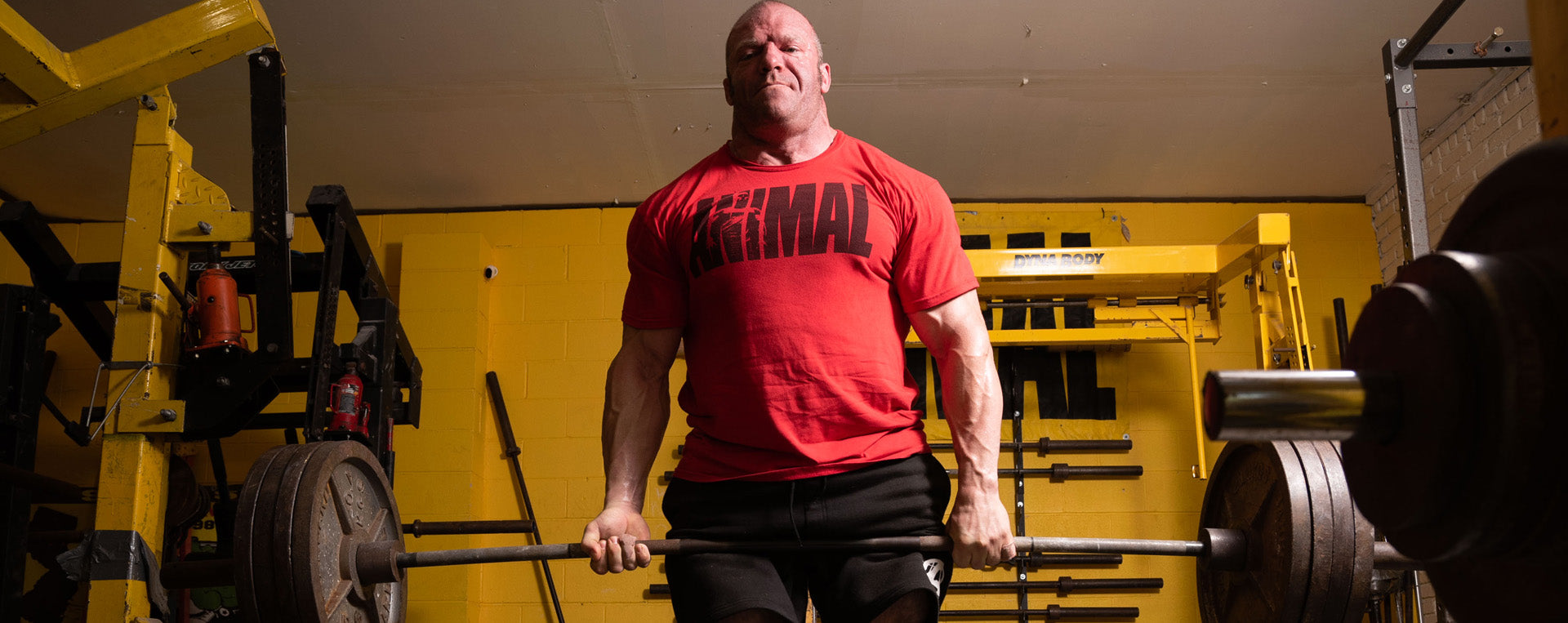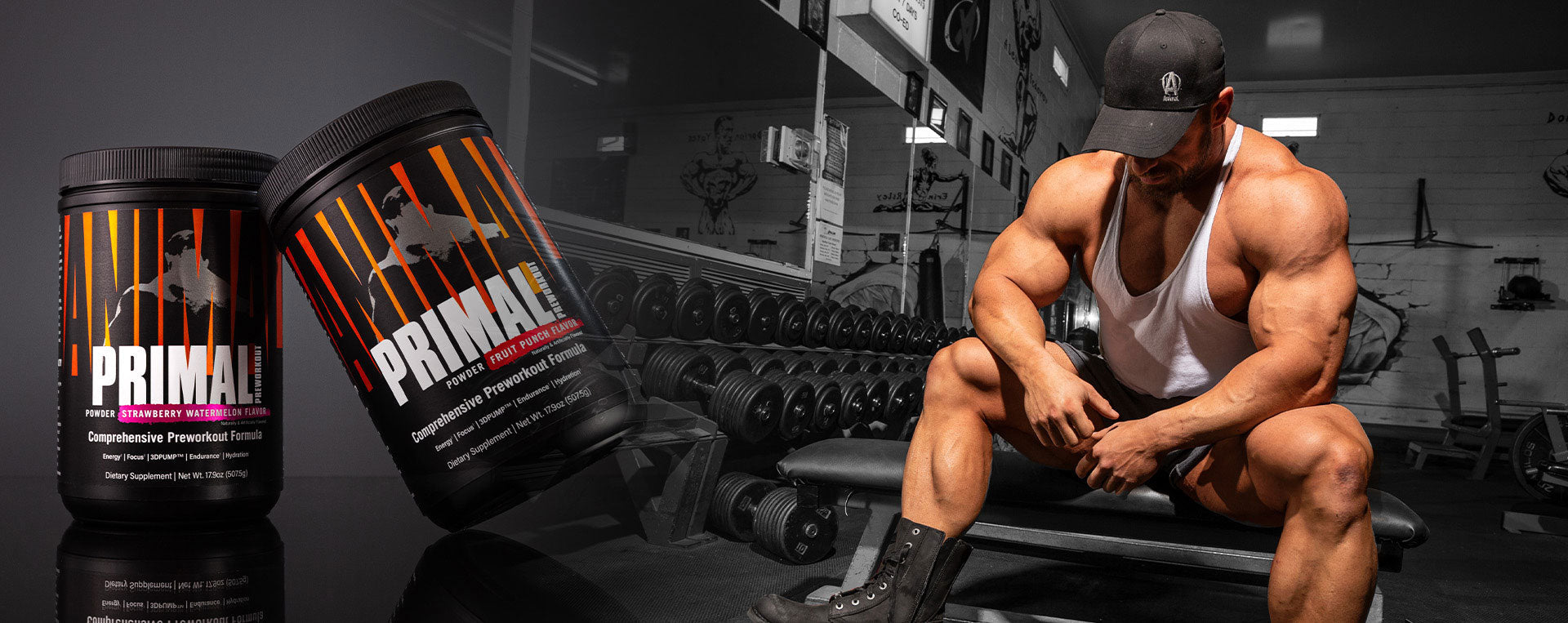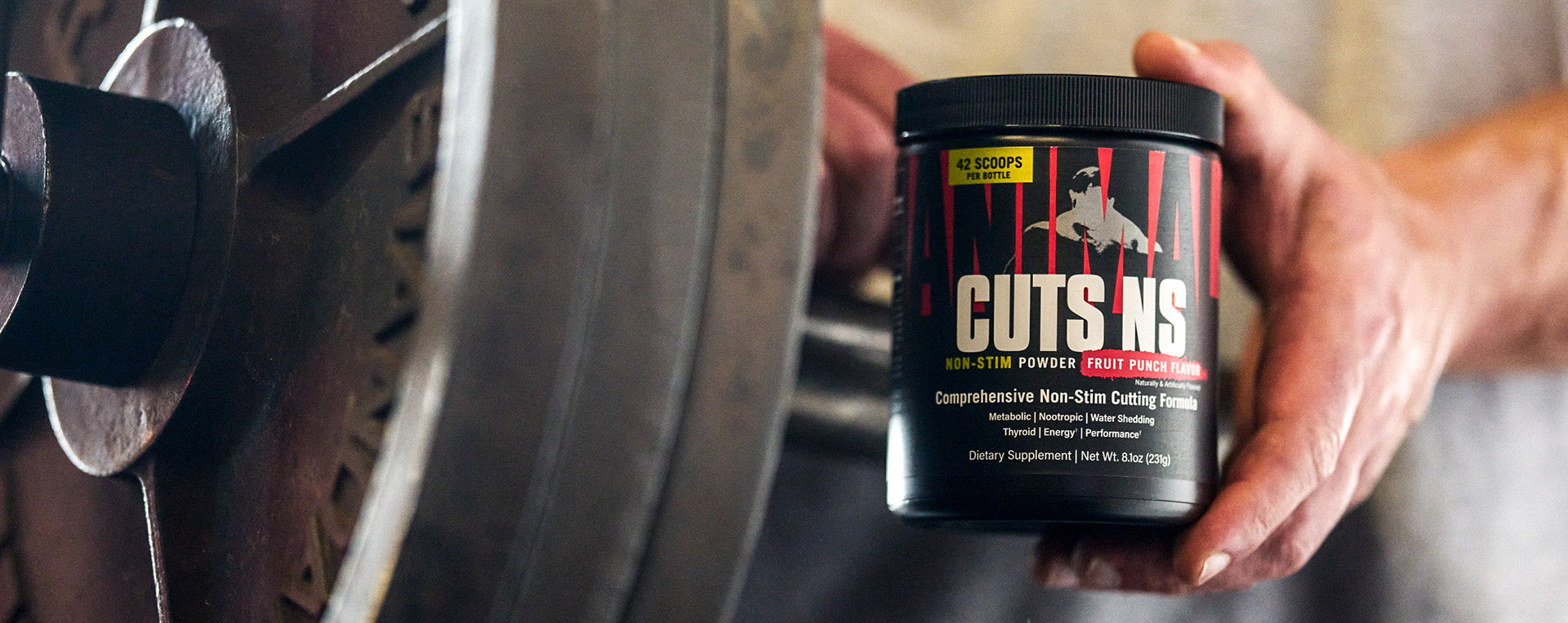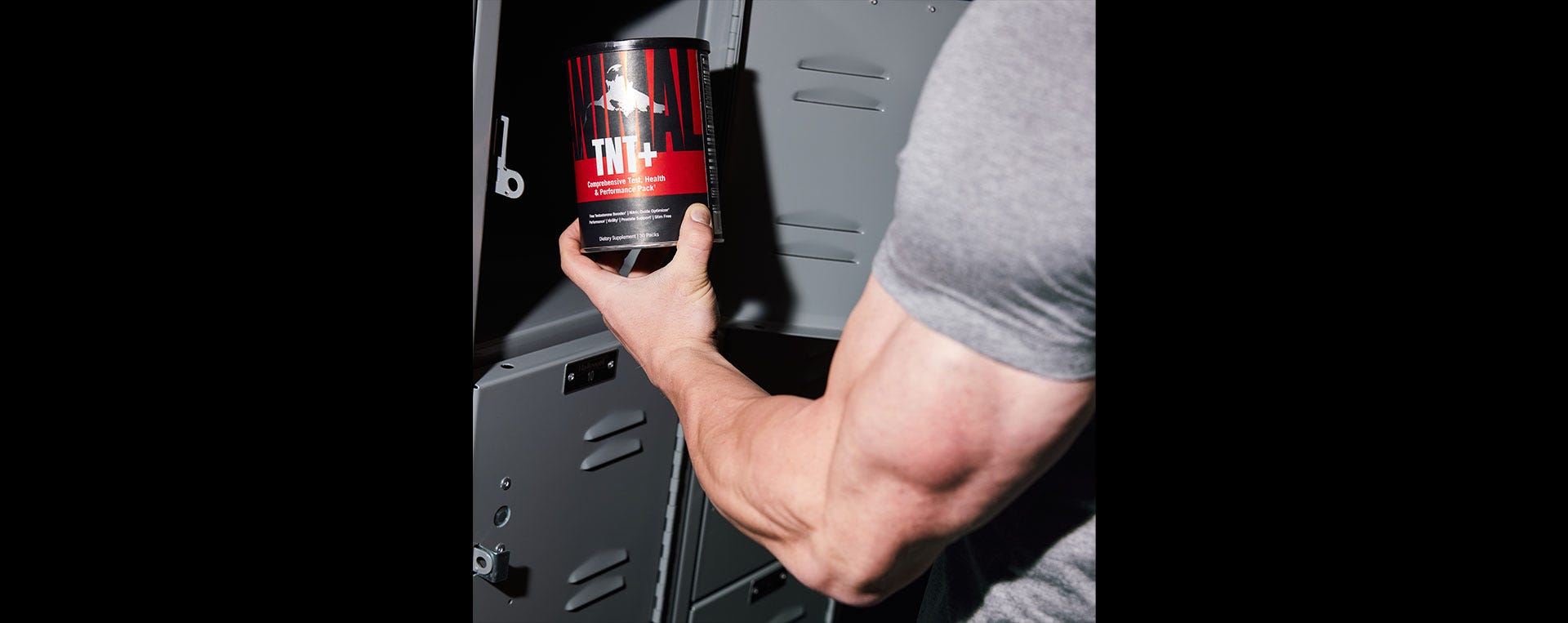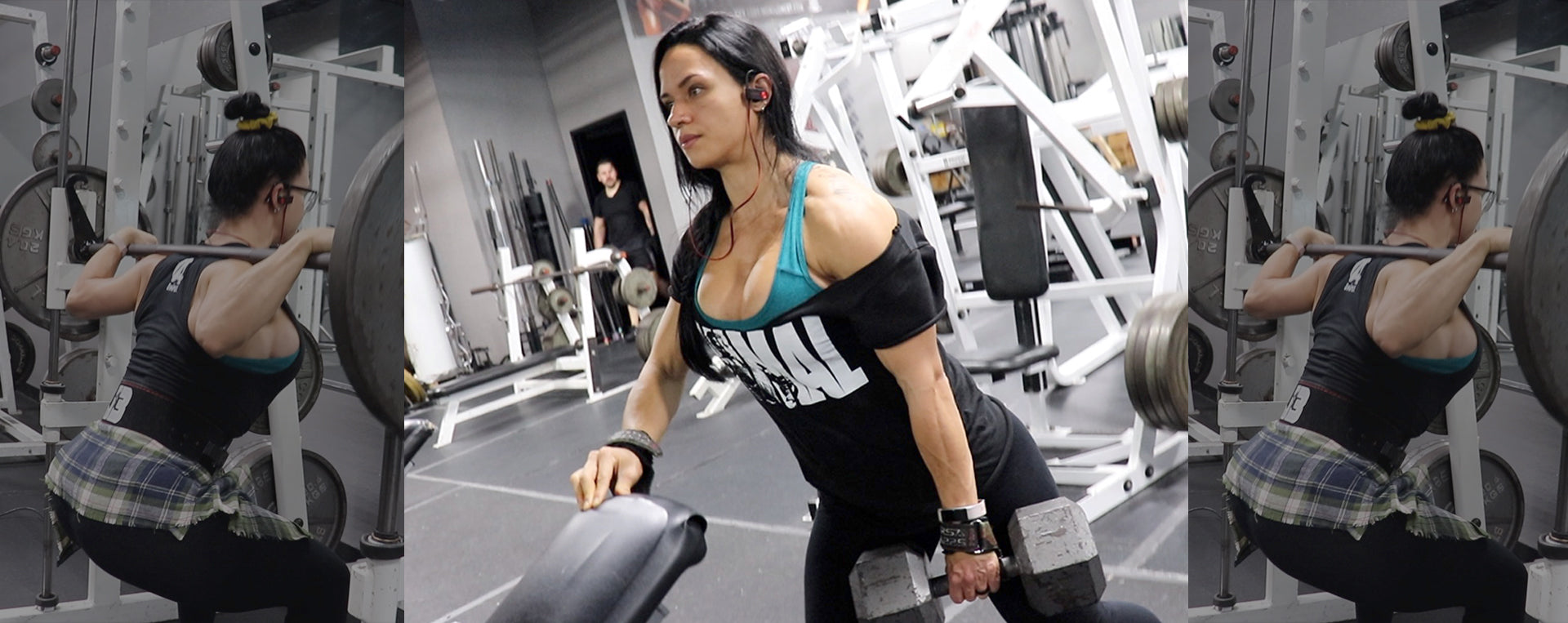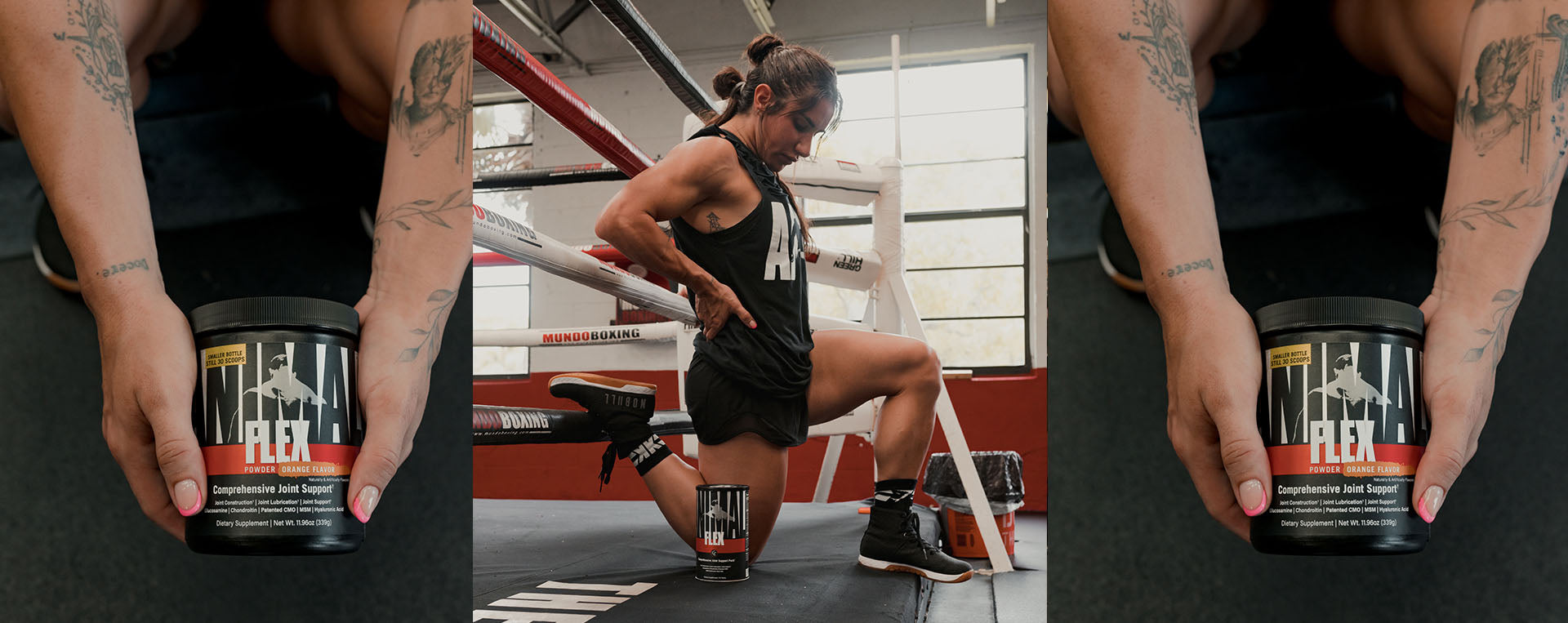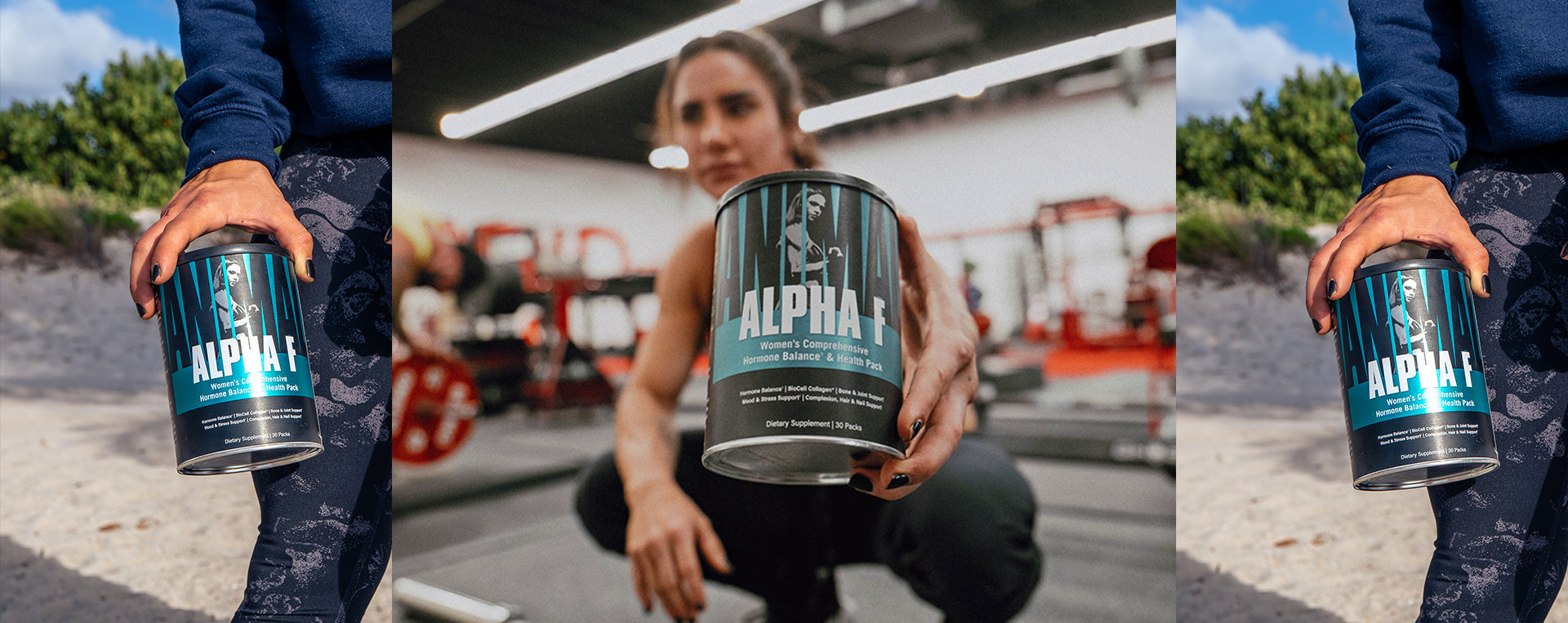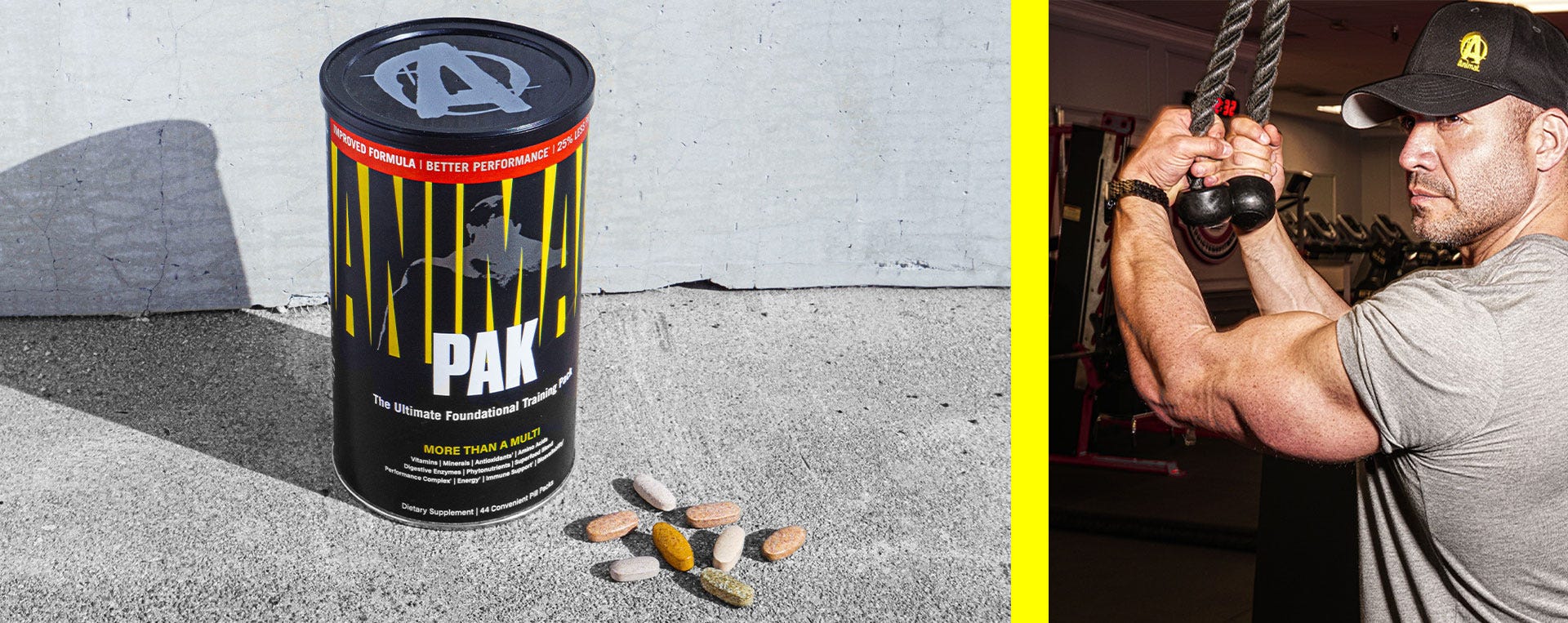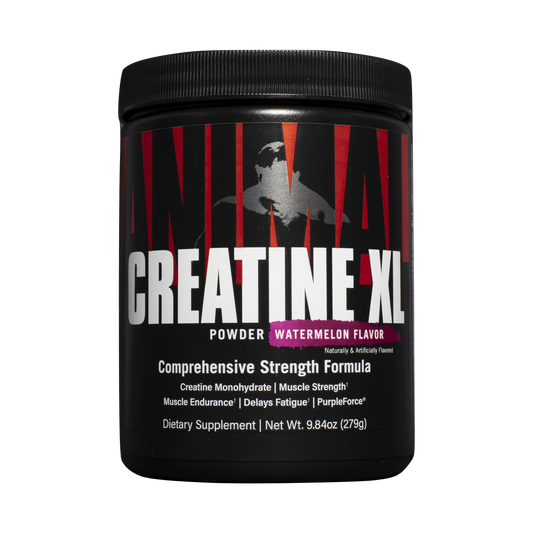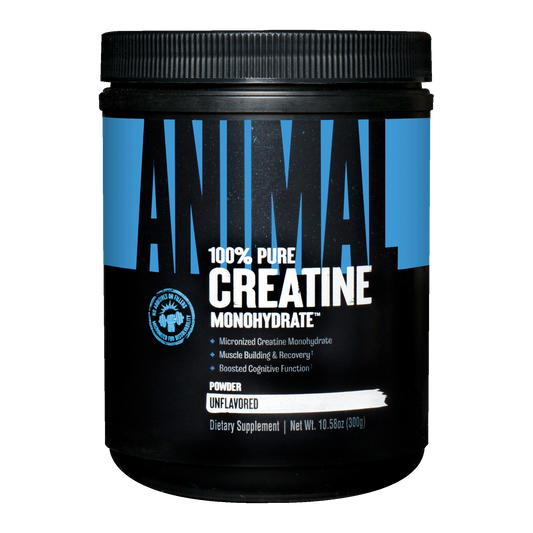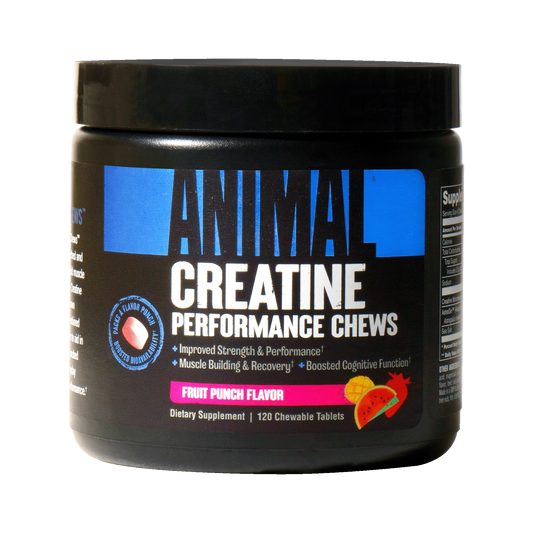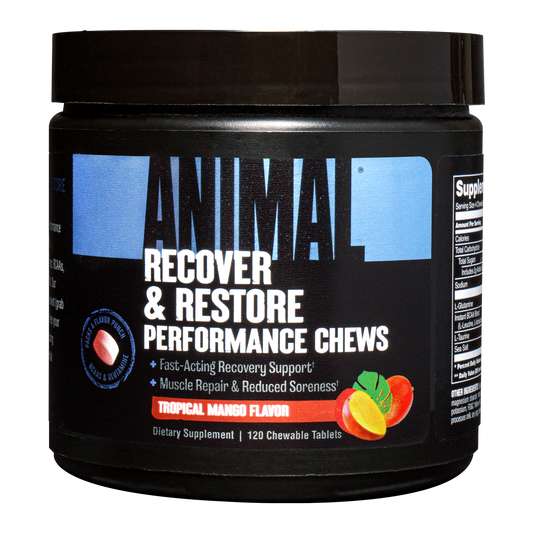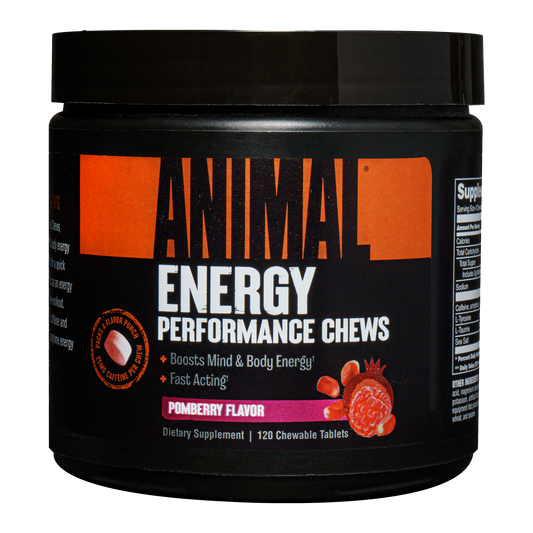The world of supplements is big and can seem overwhelming to many. On one end of the spectrum are people who believe the entire industry is snake oil. These folks miss out on some good products that may offer them some benefits in terms of athletic performance, general health, cognitive function, or even simply convenience. On the other end are the people who believe every sales pitch they see and buy every supplement that sounds the least bit enticing. These folks are obviously throwing away a lot of money, possibly risking their health, and like the first group, they are missing out on the benefits of a focused and educated supplement plan.
People ask me often about supplements, and I tell them that there are certainly a lot of scams out there as well as products that overpromise and/or underdeliver. However, it’s important not to throw the baby out with the bath water. I tell people to focus on the tried and true supplements from longstanding reputable companies. It’s one of the big reasons I like using Animal products. Animal Nutrition, as well as Universal Nutrition, have been around for decades and are well established within the fitness industry. I’ve been to their headquarters, I’ve been to their factories, and there’s no shady business going on.
What Creatine Does
Which leads me to creatine. When it comes to tried and true supplements, creatine is the king for increasing strength. It has been studied extensively since the early 90s. It has a proven track record of being safe and effective. It can be used by anyone. It is found naturally in our bodies and exists naturally in some foods, but supplementation can give added benefits beyond what can be achieved from diet alone. Creatine aids in the production of ATP (adenosine triphosphate), one of the primary energy sources in our cells. A lot of athletic pursuits, including lifting weights, rely heavily on the body's creatine system. Studies have clearly shown that creatine supplementation has a positive effect on our muscle’s ability to exert force and sustain this force for a longer period of time than without creatine supplementation.
How Safe is Creatine?
Creatine is extremely safe. Many years ago, when it was newer on the market, it was alleged that creatine supplementation could lead to cramping and dehydration. That has been debunked. If anything, creatine should prevent dehydration since it causes muscle cells to hold more water. Rumors from years ago about it having negative effects on the kidneys or liver have also been debunked. Creatine is safe for men and women. It is non-hormonal and exerts the same benefits regardless of gender.
Your Brain on Creatine
While the physical benefits of creatine are fairly well known by many, the mental/cognitive benefits have not gotten as much attention; at least not yet. The fact of the matter is that a significant amount of the body's creatine is stored and used in the brain. Studies have shown creatine supplementation to have a positive impact on cognitive function. Stanford neuroscientist Andrew Huberman talks about creatine on his podcast about the best nutrients/supplements for brain function. This is why I recommend creatine even to people who are not physically active.
Creatine is relatively inexpensive compared to other supplements and it is easy to take. I take 5 grams every morning. Creatine is truly a no-brainer when it comes to supplements.




